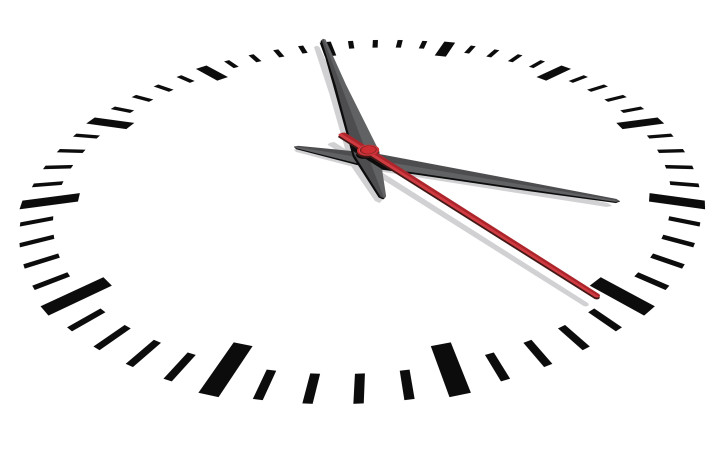What’s Just One Second Worth to You?
What’s One Second Worth to You?
Kipling said that if you could fill the unforgiving minute with sixty seconds worth of distance run, you could rule the world. That’s a bold claim, but I’m going to go even further. Just one second can make a huge difference in your life.
This may turn out to be the most efficient how-to article you’ve ever read, because I’m not going to ask you to take long stretches of your time to work on a skill; I’m simply going to ask you to take one second at a time, one second that can mean all the difference between success or failure, or the difference between winning or losing a sale, maybe even the difference between getting your ass kicked or making someone’s day.
We have 86,400 of them every day, so why worry about just a single one? That’s because some seconds in your day are hugely more important than others. It’s amazing how much can happen in just one second:
One second is enough time to respond instead of reacting, to suppress your amygdala and engage your frontal cortex. When someone cuts me off in traffic, my immediate default reaction is to express my displeasure, but I have to admit that I take a quick glance to see how big the other guy is before deploying my single digit salute!
One second is enough time to grasp the bottom line of your message and choose to lead with it. As I’ve written before, BLUF is a key to lean communication, especially since one second is enough time to lose someone’s attention.
One second is enough time to organize your answer before it begins spilling out of your mouth, so that you make it easier for the listener to grasp your meaning.
One second is enough time to boost your perceived IQ. My friend Andy Blackstone used to say you could boost your perceived IQ by ten points just by taking a second before answering a question. I don’t know if that’s literally true, but it makes a lot of sense.
One second is enough time to undo all the good you’ve accomplished to that point, because bad is stronger than good. Do you think George H.W. Bush would like to take back the one second of his life when he checked his watch during a Presidential debate, and sent a signal to the whole country that he did not want to be there?
One second is enough time to kick in your training. For example, when someone says “That’s complicated”, you may immediately react by saying “no it’s not”. Instead, if you take just one second to recall your training on objection management, you will remember to cushion your response: “I can see how it might seem that way at first…”
One second is enough time to shift your perspective from inside-out to outside-in, from I don’t see it that way, to let me understand why they see it that way.
One second is enough time to reframe the situation. Sometimes someone says something that rubs you the wrong way, and you immediately react negatively. Our brains are hard-wired to spot threats before opportunities, because that’s usually what keeps us alive. But every situation contains some good and some bad, and one second is often enough time to focus on the good.
One second is enough time to take control of a situation by getting inside a competitor’s OODA loop. In that brief instant, you can observe, orient, decide and act.
One second is enough time to add impact to what you just said by pausing after an important point.
One second is enough time to choose your perception. Perception is the gateway to attitude, and the attitude you choose to a situation can make all the difference in the world.
If I could sum up the value of one second, it’s that it’s the crucial instant during which choices are made, and that’s what makes the difference between making things happen and letting things happen.




